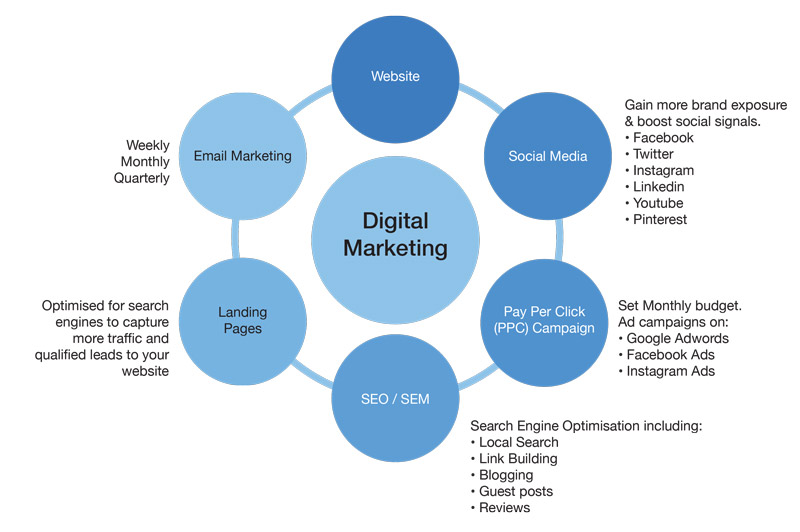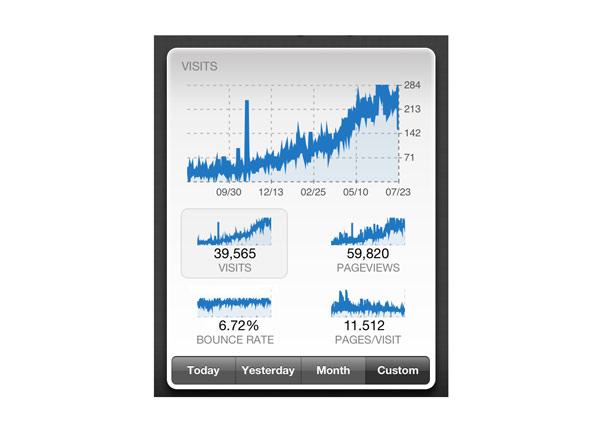What is Digital Marketing?
Digital marketing encompasses a vast array of strategies and tactics designed to promote products, services, or brands through digital channels. These channels include websites, search engines, social media platforms, email, and various online advertising avenues. Unlike traditional marketing, digital marketing leverages the internet’s reach, targeting capabilities, and interactivity to engage with a highly segmented and global audience.
Key Components of Digital Marketing
- Search Engine Optimisation (SEO): SEO is the art and science of optimising a website’s content and structure to rank higher in search engine results pages (SERPs). It drives organic traffic and increases visibility.
- Content Marketing: Content is king in the digital realm. High-quality, relevant content is crucial for attracting and retaining an audience. Content marketing involves creating and distributing valuable content to engage, educate, and convert potential customers.
- Social Media Marketing: Social media platforms provide a direct line of communication with customers. Marketers use them to build brand awareness, engage with followers, and drive traffic to their websites.
- Email Marketing: Email marketing remains a powerful tool for nurturing leads and maintaining customer relationships. Personalised email campaigns can lead to higher conversion rates and customer loyalty.
- Pay-Per-Click (PPC) Advertising: PPC advertising allows businesses to place ads on search engines and other websites. Advertisers pay a fee only when users click on their ads, making it a cost-effective way to reach potential customers.
- Data Analytics: Data is the backbone of digital marketing. Marketers analyse user data to gain insights, measure campaign effectiveness, and make data-driven decisions.
Why Digital Marketing Matters
Digital marketing offers numerous advantages, making it an essential strategy for businesses:
- Global Reach: Digital marketing allows you to reach a worldwide audience, breaking down geographical barriers.
- Cost-Effective: It often provides a higher return on investment (ROI) compared to traditional marketing channels.
- Targeted Marketing: Digital marketing enables precise audience targeting, ensuring your message reaches the right people.
- Real-Time Engagement: It offers immediate interaction with your audience through social media, chat, and email.
- Measurable Results: Digital marketing campaigns can be tracked and analyzed in real-time, allowing for continuous improvement.
The Future of Digital Marketing
As technology evolves, so does digital marketing. Trends like artificial intelligence, voice search, video marketing, and influencer partnerships are shaping the future of the industry. Staying agile and adapting to these changes is essential for businesses looking to thrive in the digital age.
In conclusion, digital marketing is not just a marketing strategy; it’s an indispensable tool for businesses seeking to thrive in the digital era. Its versatility, precision, and ability to drive results make it a cornerstone of modern marketing practices.
Understanding and harnessing the power of digital marketing is essential for businesses looking to connect with their target audience, expand their reach, and achieve sustainable growth.



